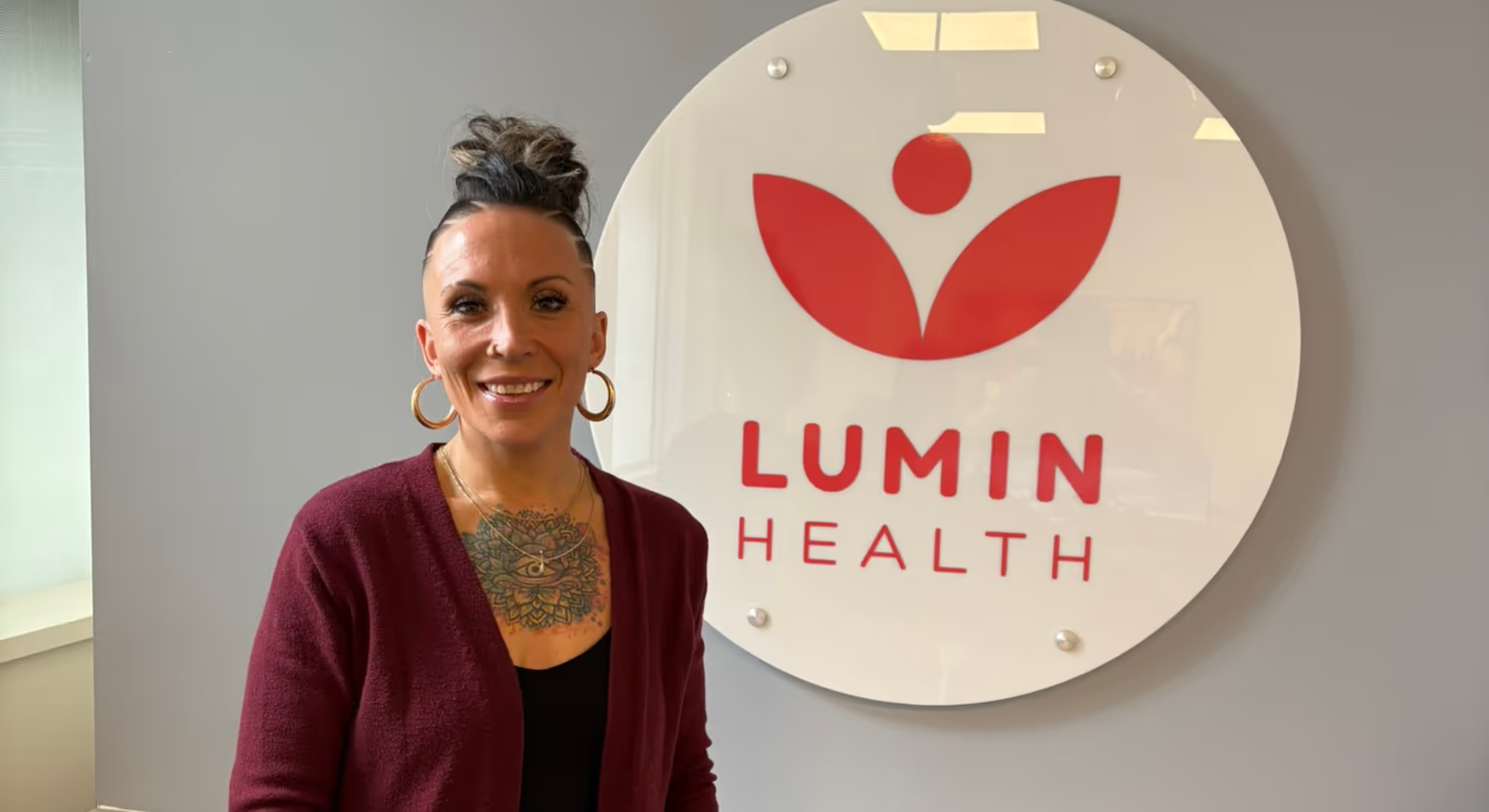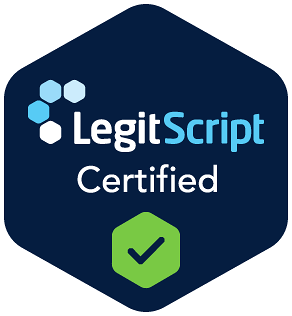Finding language for ketamine therapy and the experiences ketamine can catalyze can feel surprisingly hard. You’re trying to name relief without invoking decades of stigma — and ask for support without inviting judgment. This guide offers calm, stigma-free phrases you can use with loved ones, clinicians, teachers, employers and others. It centers clinical care, not headlines, and respects that your experience is both ineffable & yours.
Why words matter (and how to choose them)
Shame grows in silence and exaggeration. Clear, neutral language helps you share what’s true without bias.
- Name the purpose, not the buzz: “I’m receiving ketamine therapy for depression to see if it reduces my symptoms.”
- Use medical framing: “My treatment is supervised by an academically-affiliated care team.”
- Stay time-bounded and realistic: “It doesn’t cure depression overnight, but it may create conditions for change.”
- Offer the setting: “I receive esketamine (Spravato) in a REMS-certified clinic.”
Plain phrases for common questions
“What is this treatment, exactly?”
- “Ketamine therapy is a medically supervised treatment that may help depression when other options haven’t worked well.”
- “I’m doing esketamine (Spravato), an FDA-approved nasal-spray version given in a clinic with vitals monitoring.”
“Do you get… ‘high’?”
- “Not in the classical sense for fun, no. Some people feel lighter or calmer for a short period after sessions. The Lumin Health staff monitor me, and I rest for the rest of the day.”
- “If I feel spacey,’ that’s a time-limited effect we expect and plan for.”
“Why choose ketamine therapy?”
- “Standard treatments have had limited effect for me. Ketamine for depression may make my brain more receptive to change, and I’m keen on trying a new approach.”
Talking with loved ones about ketamine treatment (ideas you can personalize)
Taking about ketamine with a partner or close friend
- “I’m trying ketamine therapy to loosen depression’s grip. My clinic day is structured and safe. Afterward I’m usually tired, so I’ll need a ride and a quiet evening.”
Taking about ketamine with a parent (or as a parent)
- “This is medical care, not recreational use. In the clinic they check my blood pressure, stay with me during dosing, and only discharge me when it’s safe.”
Taking about ketamine with a teen or young adult
- “For some patients, ketamine for depression can make the next few days a bit easier. We’ll keep your schedule simple after sessions and talk about what felt different.”
Sharing your ketamine experience at work or school if you need & want to (just enough detail)
- “I have a recurring medical appointment twice a week for the next month. I won’t be available the rest of those days and may work a lighter load the next morning.”
- “If documentation is needed, my clinic can provide it.”
Keep it factual and boundaried. You do not owe your story to everyone.
What clinicians see during ketamine treatment — and how to describe it without hype
In clinical practice, many patients report a short window when tasks feel more doable and negative loops quiet. You might say:
- “For a day or two, I can start things more easily.”
- “My sleep and appetite are steadier when I keep routines.”
- “I notice a bit more hope, and I’m practicing small actions while it lasts.”
These phrases acknowledge benefit without promising miracles. They fit with what we understand about how ketamine works.
Words to avoid when talking about clinical ketamine — and gentle swaps
- Avoid: “Miracle,” “instant cure,” “trip.” Try: “Therapeutic,” “clinical session.”
- Avoid: “Nothing else works so I have to do this.” Try: “I’m exploring another evidence-informed option with my care team.”
- Avoid: “I’m fixed.” Try: “I’m noticing new openings, and I’m building on them.”
When feelings about ketamine treatment are mixed: language for nuance
Relief can be uneven and subtle. Curiosity beats certainty.
- “Some things feel easier; others still feel stuck.”
- “I’m learning which supports help the benefits last.”
- “I’m not sure yet — it’s early, and I’m tracking what changes.”
Naming complexity reduces stigma because it sounds like the measured, real life of treatment.
Pairing your words with action
Language lands best when it matches what you do:
- Plan rides and a quiet evening after Spravato clinic days.
- Retain routines (sleep, meals, light movement) the 24–72 hours after dosing.
Small, repeatable steps help ketamine for depression become lived change, not just a feeling you’re trying to explain.
A respectful way to share your story with ketamine therapy
You deserve language that honors your experience without inviting shame — or hype. Use calm, clinical phrases; offer just enough detail; keep your boundaries. If you’re pursuing ketamine therapy or care with esketamine (Spravato), your story is about healing: steady supervision, realistic expectations, and small choices that make life more workable.







